Ready to begin piano lessons? Have the desire to play the piano on a regular basis?
There is a difference in the way you learn. Different piano teachers have different beliefs in what they teach. And if you become bored or frustrated early on, you’re more likely to quit.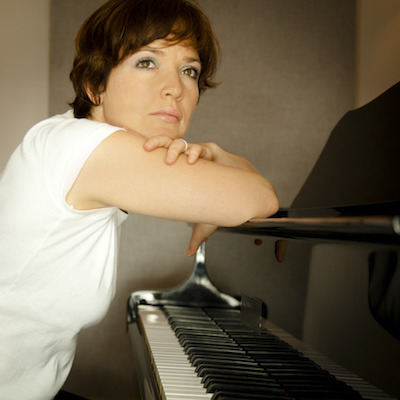
There are several styles of piano music you can learn with and practice on a regular basis. To incorporate all the styles into your lessons will help you become a better piano player overall. But if you have a preferred style you enjoy over others, be sure your piano teacher follow your same thoughts and helps you choose music that motivates you and makes you want to play.
Classical Piano
Do you enjoy Bach, Beethoven and Mozart? They are considered the top three composers from the mid 1700s to early 1800s. Classical music transformed as the years went on, bringing in pianists like Chopin, Handel and Tchaikovsky. Classical is often one of the first styles of music to study because it forces students to learn music theory and develop a strong technique. With this understanding in place, it’s easier to move into other styles of piano.
Spiritual Piano
Piano playing has long since been used as a part of religious ceremonies. From Catholic to Protestant to Jewish celebrations have all used music as an important part of tradition and culture.
Today’s musicians are continuing the tradition by playing music that has been around for generations, as well as creating new music to engage current audiences. Many pianists start out playing for religious activities in their communities before branching out and moving to other levels.
Jazz Piano
The early 1900s brought in the sound of American jazz, which transpired throughout the country in places like New York, New Orleans and Chicago.
Jazz piano incorporates more swing, ragtime, and improvisation into playing the piano. It incorporates classic rhythms with a more modernized beat. It gives piano players the opportunity to bring a more modern sound into the music they play.
Pop – Rock Piano
From the 1950s on, piano was used to create a variety of different sounds in both rock and pop music. And as the keyboard switched from acoustic to digital, the number or sounds increased with it, allowing many different sounds to be created and used in music.
Incorporating pop and rock piano music into your lesson plan allows you to play music you are familiar with, can sing with, and can hum as you pick out the tunes. It allows you to work on both playing by ear and learning to read music, helping your build your playing skills in many ways.

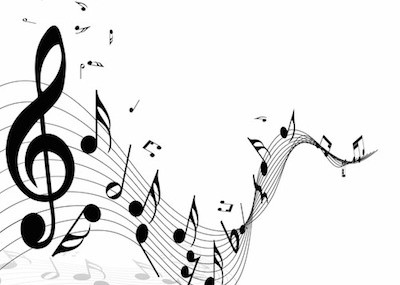
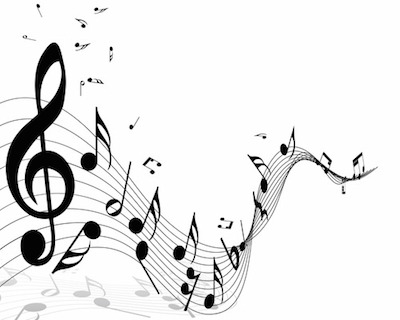
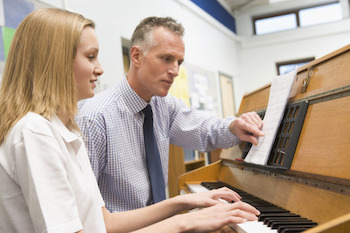
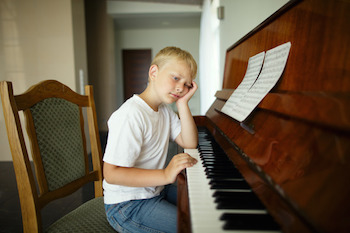


 When it comes to your child’s schedule, you have many decisions about how they should spend their time. So, why should you choose to put your child in piano lessons?
When it comes to your child’s schedule, you have many decisions about how they should spend their time. So, why should you choose to put your child in piano lessons?
